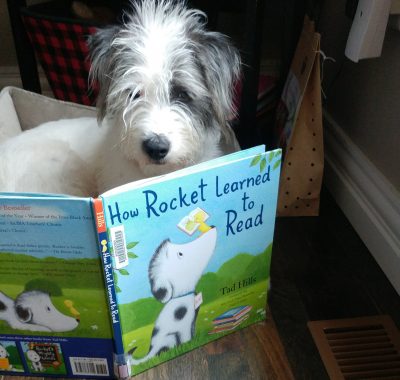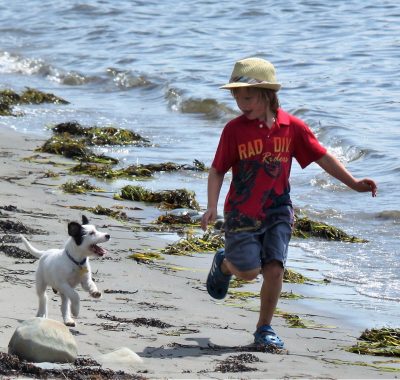Looks – check. Personality – check. Brains – check. Some guys just seem to have it all. Enter one Marty McFly, the top graduate of the class of 2016. No easy feat since Marty was only 8 weeks old! In fact, all of Marty’s fellow classmates were just 6 – 10 weeks old too. So what’s the scoop?
These proud graduates were actually cute canines who participated in the WOOF (Working on Our Futures) Program. The program is a joint initiative between the NS SPCA and the Department of Justice and operates at the Central Nova Scotia Correctional Facility in Burnside. Through the program, Amy MacRae, an SPCA dog expert, teaches inmates how to train the puppies so that they are adoption-ready. Launched in 2012, WOOF is now a proud fixture at the facility. An amazing 680 puppies have participated in WOOF to-date!

When puppies arrive at the SPCA Dartmouth Shelter, they stay for 2-3 days for a general health assessment, needed treatments and vaccinations. They are then transferred to WOOF and live on-site at the facility. They have their own space for sleeping and during the day, they’re paired with inmates for training. Puppies are never left alone, as correctional officers are always supervising. Inmates are carefully screened and those with a history of domestic abuse or violence are not eligible to participate. The SPCA covers all needed medical and care costs. At 8 weeks old, puppies are spayed/neutered and are available for adoption within a few days.
WOOF has won national awards and is a great example of a government-SPCA partnership in which a little money and a lot of creativity yield win-win solutions. For inmates, it’s an opportunity learn responsibility, how to show respect, patience, care and love for an animal – skills that can help them change the direction of their lives. An unnamed inmate summed it up perfectly – “The puppies appreciate what we’re teaching them and we appreciate what they’re teaching us.”

Being in the program is deemed a privilege and acts as an incentive for good behaviour for many inmates. Correctional officers report that the presence of puppies in the facility helps reduce tension, brings a sense of calm and strengthens the relationship between staff and inmates. In short, WOOF creates a better, safer place to work. WOOF is also helping to make communities safer, providing offenders with an opportunity to become contributing members of society.
For the NS SPCA, Amy says that “WOOF helps to relieve pressure on their shelters, opening up kennel space for the organization to help more animals.” For the puppies themselves, she states that, “receiving the care and socialization they need helps to ensure they get good homes.”
And who better to ask what benefits WOOF offers to potential adopters than Marty McFly’s adoptive mom, Shelly Malcolm Beazley? In August 2016 when Shelly’s family was ready to adopt a dog, she reached out to Amy to find the right puppy who fit with their active household. “When I saw Marty’s photo, I just knew we had to meet him,” says Shelly. The family was drawn to Marty’s playful, kind nature (not to mention his cuteness factor). “A Jack Russell mix, he was sized well for us and had the perfect energy to keep up with our active lifestyle.” Shelly shares that, “Because of WOOF, Marty came to us well socialized and was immediately at ease being handled and around people.” Two-and-a-half years later, Marty has become the ‘official CEO of Happiness’ at Shelly’s workplace, Cove Sport Therapy. “He greets clients and never fails to brighten their day, adding snuggles to their therapy appointment,” relates Shelly. “He’s become quite famous in his role, approached regularly while out and about in the community. It’s not uncommon for people without an appointment to stop in just for a few Marty cuddles.”
I’m sure you’ll join me in giving two paws up to everyone who makes the WOOF Program a winner!

